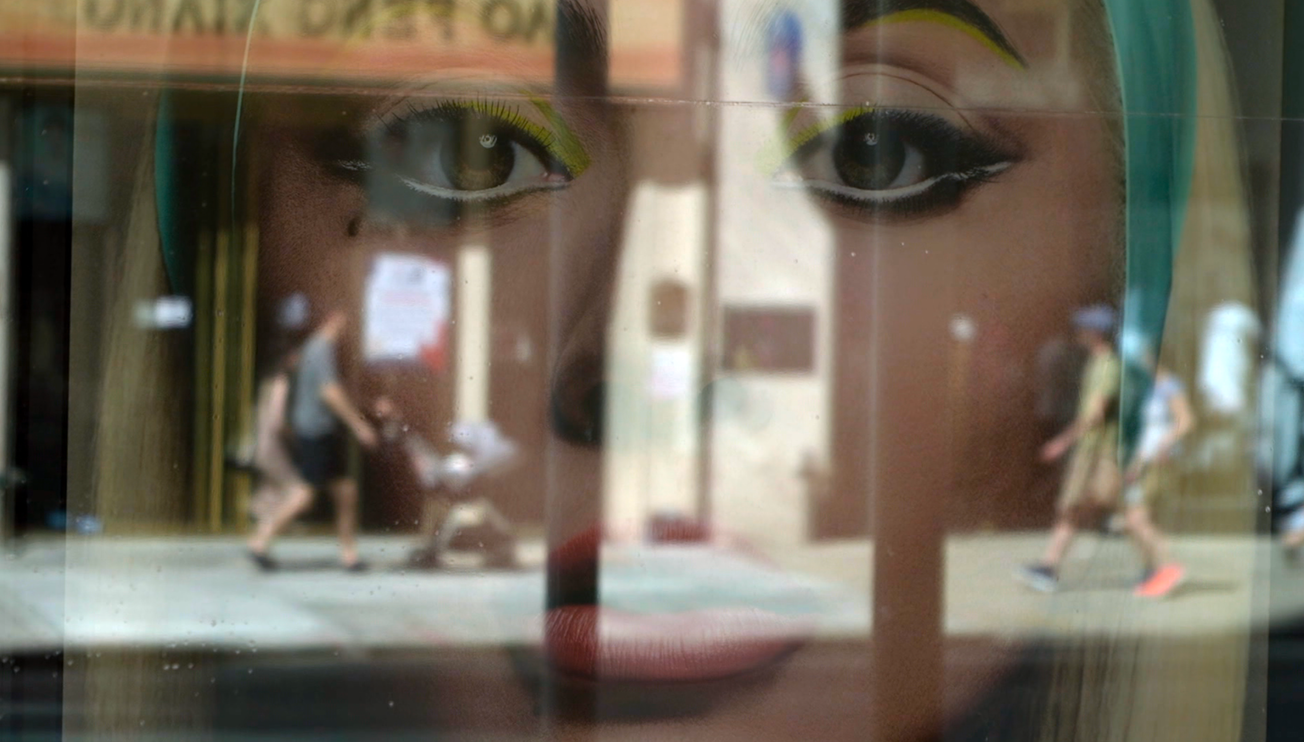Keywords: Syrian War, Mouawiya Syasneh, Abo Bakr Al Haj Ali, anti-Assad graffiti, revolution, civil unrest. Three words: provocative, illuminating, poignant.
Introduction
"The Boy Who Started The Syrian War" is a compelling documentary directed by Abo Bakr Al Haj Ali and released in 2017. The film shines a light on the story of Mouawiya Syasneh, the young boy whose defiant graffiti against Assad sparked a revolution and plunged Syria into a devastating civil war.
Synopsis
This documentary unravels the story of Mouawiya Syasneh, a young boy from Deraa, who expressed his dissent against the ruling Assad regime through a seemingly innocent act of graffiti. This singular act of rebellion, however, had unforeseen repercussions, igniting a revolution that eventually led to a full-scale civil war in Syria.
More Film Analysis
Analysis
Al Haj Ali's documentary takes a deeply personal approach, exploring Syasneh's act of defiance and its tragic consequences. The film's in-depth research and intimate exploration of its subject offers a unique perspective on the Syrian War, highlighting the human stories behind the headlines.
Historical and Factual Context
Before the war, Syria was under the rule of the Assad regime, which was marked by an oppressive political climate. The film provides crucial insights into this context, illuminating the conditions that led to Syasneh's act of rebellion and the subsequent uprising.
Key themes in the film
- The power of individual acts of defiance
- The human cost of war
- The role of youth in political change
Film Comparisons
While other films like "The White Helmets" focus on the ongoing humanitarian crisis in Syria, "The Boy Who Started The Syrian War" provides a unique perspective by tracing the conflict back to its roots, offering an intimate account of the event that ignited the revolution.
Noteworthy Moments
One significant moment in the documentary is the revelation of the actual graffiti written by Syasneh, which reads: "It's your turn, Doctor" - a direct challenge to Bashar al-Assad, who was trained as an ophthalmologist.
Reviews
This documentary has been praised for its intimate portrayal of a young boy's act that sparked a revolution. Critics have hailed it as a "powerful and poignant look at the roots of the Syrian war."
Conclusion
"The Boy Who Started The Syrian War" is a crucial watch for anyone seeking to understand the roots of the Syrian conflict and the power of individual acts in shaping history.
More film information:
FILM SUMMARY
- IMDB score: 7
- Rotten Tomatoes score: N/A
- Metacritic score: N/A
- Film festival awards: N/A
PERSONALITIES
- Mouawiya Syasneh: The young boy whose graffiti ignited the Syrian revolution.
- Abo Bakr Al Haj Ali: The director who illuminates Syasneh's story through an intimate lens.
LOCATIONS
- Deraa, Syria: The city where Syasneh's act of defiance took place.
Key Questions Raised by the Film:
- How can individual acts of defiance spark large-scale political change?
- What were the conditions in Syria that led to the uprising?
- How does the film highlight the human stories behind the headlines?
Links for Further Exploration:
I wonder what the film would be in another art form



- If this film was a famous book, it would be "1984" by George Orwell, for its exploration of individual defiance against oppressive regimes.
- If this film was a famous song, it would be "Blowin' in the Wind" by Bob Dylan, for its themes of protest and change.
- If this film was a famous piece of art, it would be Picasso's "Guernica", for its depiction of the horrors of war.
- If this film was a famous celebrity, it would be Malala Yousafzai, for her act of defiance against oppressive conditions.
- If this film was a color, it would be red, symbolizing both the bloodshed of war and the courage of defiance.
- If this film was a music style, it would be protest folk, known for its politically charged lyrics and themes of social change.








